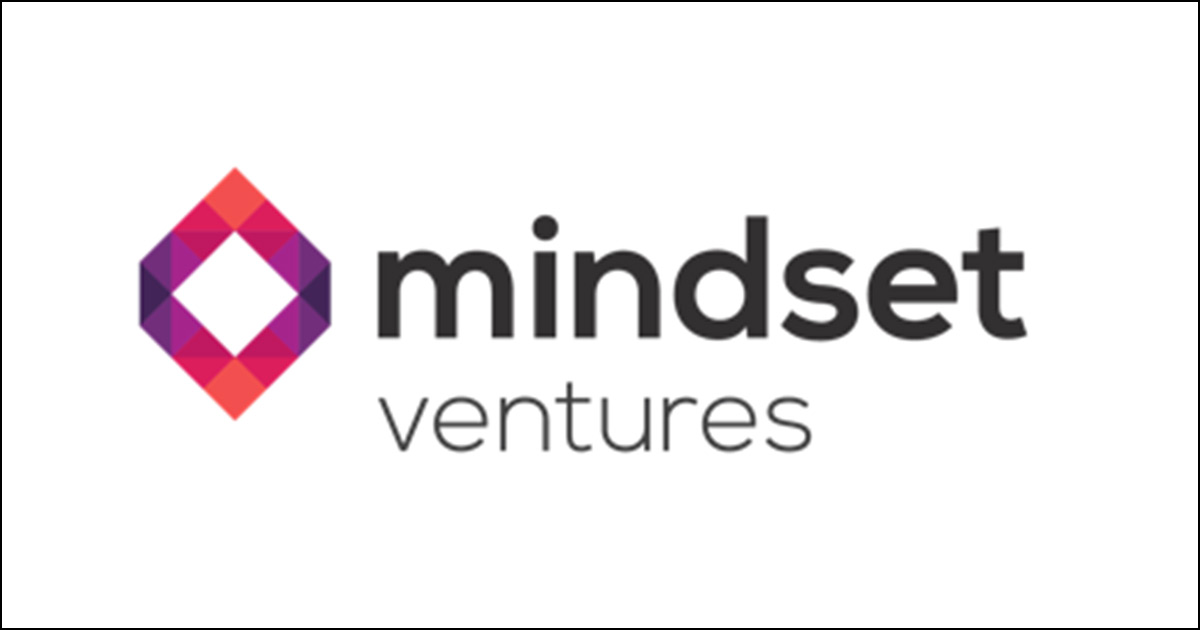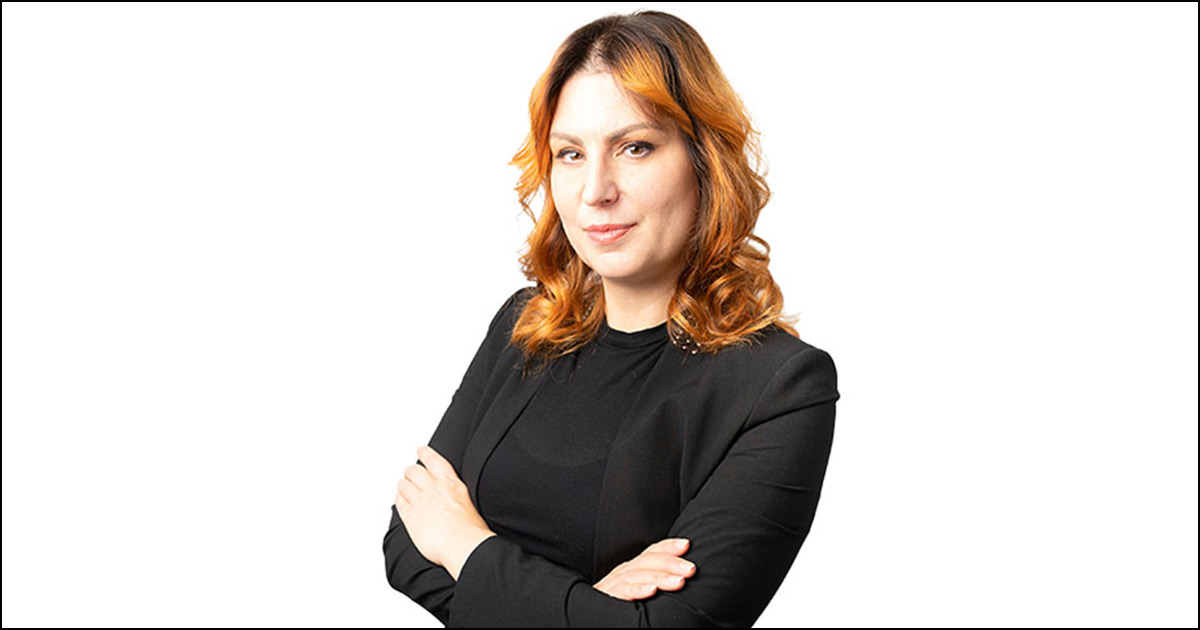Mindset Ventures Profile

Last Updated: By TRUiC Team
Mindset Ventures is a venture capital firm. We spoke with one of the partners of Mindset Ventures, Jules Miller.
Interview With Jules Miller
Tell us a little bit about your background and how you got into venture capital:
“I did not expect to be a venture capitalist. I started as a founder myself. Well, first, I was in the corporate world. I actually started a big four accounting firm, so not maybe the most traditional entrepreneurial path, but I was an entrepreneurial person. I started two companies. And just once you get in it, it's very hard to go back and do something different. So the more and more I got into the startup world, especially high-growth tech startups, which is what I tend to focus most of my energy on. I just decided that this was the only thing I could possibly do with my life.”
What does your venture capital firm do?
“We, at the end of the day, are like a service provider. We provide financing to a very particular type of company, and we can talk about what is a good candidate for venture capital and what is not a good candidate for venture capital. But at the end of the day, I get to hear a lot of really exciting ideas. See really incredible founders execute on those ideas, and hopefully change the world in some small, little bit.”
What is the difference between angel investors and venture capitalists?
“Angel investors are individual investors who are usually investing their personal capital. That means I have some money in the bank, and I decide that, instead of buying real estate or spending it on other things, I want to invest in high-growth startups. That's an angel investor. Usually smaller check sizes [and] faster decisions, because they don't have to talk to anyone else. They're doing things on their own. And they also tend not to set terms and lead deals in the way that traditional venture capital funds will.
A venture capital fund will invest a check, and we are professional, full-time dedicated people that are doing investment as a career. And we usually also have raised funds from outside LPs (Limited Partners).”
What led you personally to make the choice to go to the investor route? And do you ever see yourself founding another scale company?
“I love being an entrepreneur. I was always very entrepreneurial. I built things. I like creating things. And actually, as an investor, you don't necessarily get to create; you get to support founders doing amazing things. I think that high-growth startups are extremely intense to build as a founder. So, I was barely sleeping. You're doing a hundred hours a week dedicated, especially at the early stages, dedicated to building your business. You literally eat, think, dream, sleep, talk, walk — everything is about the startup. I'm not saying that's healthy, but I'm saying that's typically what you need to do, in that intensity level that you need to do, in order to create something from scratch, and something from scratch that grows extremely fast. And we can talk a little bit more about what that means, but not every business is a startup.
You may be a founder of a company, but it may not actually be a startup. That growth pain, that intensity, that pace of growth, that scale is something that is really, really important when we differentiate between a typical business and what is considered a startup. I will say that I didn't intend to be a VC. How I got into it was, I felt that there were some opportunities to improve on the VC landscape a little bit. So I was a founder raising capital, and both of my companies that we raised capital for were other females. This was 2012, 13, 14, 15. We were raising capital. It was clearly not a meritocracy. There were not a lot of women on the other side of the table when we were raising capital. And so I ended up joining the venture world because I wanted to fund more women and people of color and diverse non-traditional founders.”
What types of startups should consider venture capital?
“Venture capital is diversified as an asset class in some way, meaning we're all looking for high growth; we're all looking for big returns in a reasonably short time period. So five to eight years is typically where we'd want to see an exit. Meaning you go from me writing a check to you returning my capital, either through an acquisition or an IPO, in a pretty short time horizon. That being said, there are different stages of venture capitalists.
So, I invest in seed to Series B. So typically that means there's some sort of product launched. There's some sort of traction and product-market fit. There's some sort of ability to sell. And there's some sort of ability to show that you can scale the business. There are lots and lots of really great venture capitalists who focus on pre-seed and seed, which is the idea stage, MVP stage, not as much as I need in order to make an investment for my fund, and then there's growth, so I'm kind of in the middle there.”
Are there any people who shouldn’t raise venture capital?
“I think people don't necessarily always understand what venture is and think they want to raise venture and actually do not. So the two things, again, we're hitting some common themes here, but I can't drive them home enough is, if you are not prepared to grow 200, 300 more percent a year, you should not take venture capital. That is what venture capitalists expect.”
Recommended:
- Keep up with more startup companies by visiting our list of the top startups to watch.
- Hear startup stories from real founders on the Startup Savants podcast.
- Form your own startup by reading our review of the best online incorporation services.
Tell Us Your Startup Story
Are you a startup founder and want to share your entrepreneurial journey with our readers? Click below to contact us today!
More on Mindset Ventures

From Entrepreneur to Venture Capitalist
Jules Miller is a partner at Mindset Ventures, a VC firm that focuses on making investments in early-stage tech startups in the US and Israel. This is her story.



